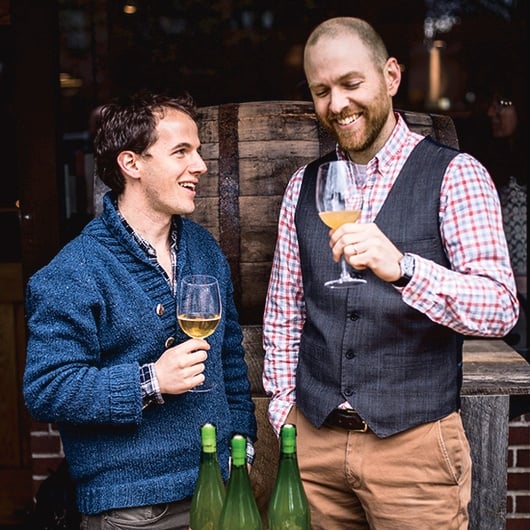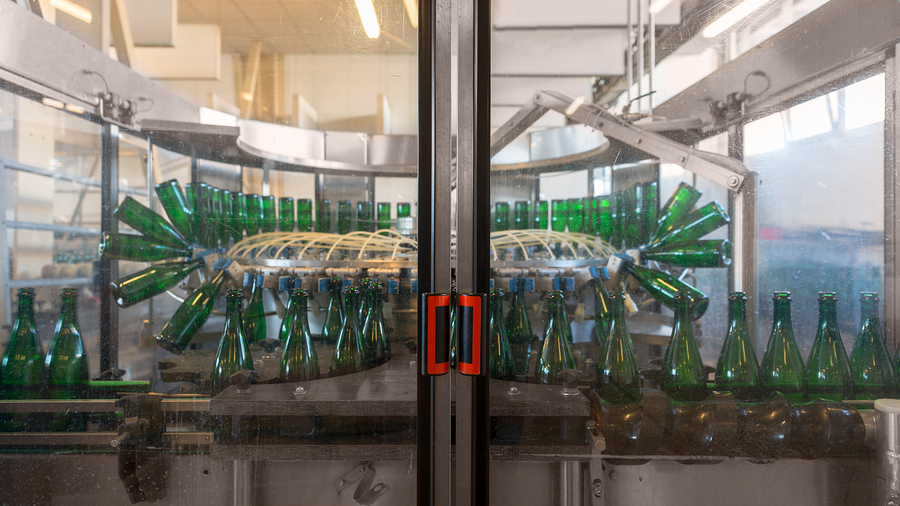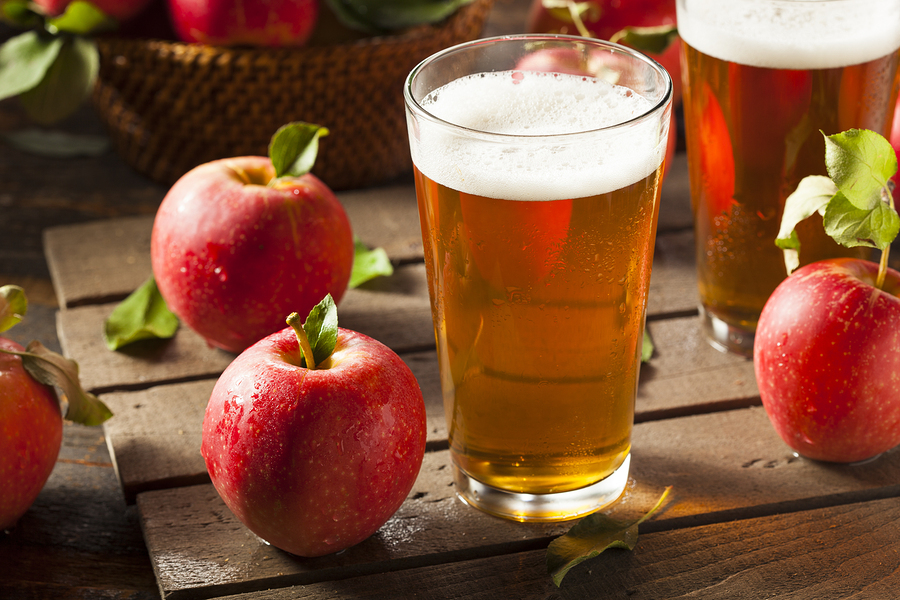Beer, wine, and cider are well-established in the festival scene, both through dedicated expos and as participants in food and cultural events. Because of a combination of local regulation, the relative scarcity of distilleries, and the culture surrounding the products, craft spirits are less common in these events, but that may be changing as new distilleries come on the scene, laws relax, and consumers seek new choices.

There are proven benefits of participating in festivals. It can be an extremely efficient way of getting your brand in front of consumers that otherwise may not be drawn to your tap or tasting room. Many festivals are organized around themes that can enhance your brand by association — for instance, participating in a gourmet food festival may help associate your product with fine dining in consumers’ minds, or sponsoring an outdoor nature festival could enhance your image as a natural product. Depending on your type of beverage, the rules (and laws) of your festival, and your goals, you might even be able to make some significant money from direct sales at the event.
For craft beverage makers, the issue is not “how do I find a festival to participate in?” but, “which festivals should we participate in?” The key is not to become too focused on a particular benefit and lose sight of the other advantages. A particular festival may restrict your direct sales, but offer incredible visibility and prestige that could offer a huge boost to your sales after the event. Competition is another factor you need to consider. A festival with a prominent, well-established sponsorship deal with one of your competitors could lead to conflicts and restrictions being placed on your booth, signage, and other participation.
If you’re interested in a food or cultural event, you’ll want to do some research and look into any opportunities to expand your exposure. For instance, you might seek a festival partnership with a local food provider in which you agree to cross promote each other’s booth and products, maybe even agreeing to have your respective staffs wear some of each other’s merchandise. Organizers can often be a great resource if you’re seeking temporary partners — they know the other vendors and have a vested interest in keeping the vendors happy.
On the scene, you should assess and respond to event conditions as quickly as possible. For example, if you arrive at the event to discover that beverage vendors are grouped a significant distance from the main event — stages, displays, rides, etc. — so customers are seeking large-sized drinks but you brought only sample-sized cups, get some bigger cups. If other beverage vendors have customers lining up to talk about the craft but you brought only your wait staff, make a call to get one of your experts on site. And of course, if it turns out you have more customers than your wait staff can manage, make some calls to get more help. Conversely, if the festival isn’t doing well for you, don’t send everyone home. It’s OK to staff down a bit, but first consider the impression you might make on event organizers and attendees if they come by if your booth and it looks unpopulated.
Don’t be afraid to experiment and try new events, and maybe drop those that have not been successful in the past. The main benefit of any off-site event is your exposure to new customers, and although it may seem that the crowds are all the same, they most certainly are not.
There’s a lot that goes into having a successful festival showing: the weather, competing events, and a whole host of smaller variables. Doing some research, presenting yourself and your beverages to their best, and committing to the event won’t guarantee success, but they’ll greatly increase the odds that you’ll have something to celebrate when it comes time to pack up at the end.




.png?width=2254&height=703&name=longitude_logo_final_transparent%20(1).png)
Share This Post